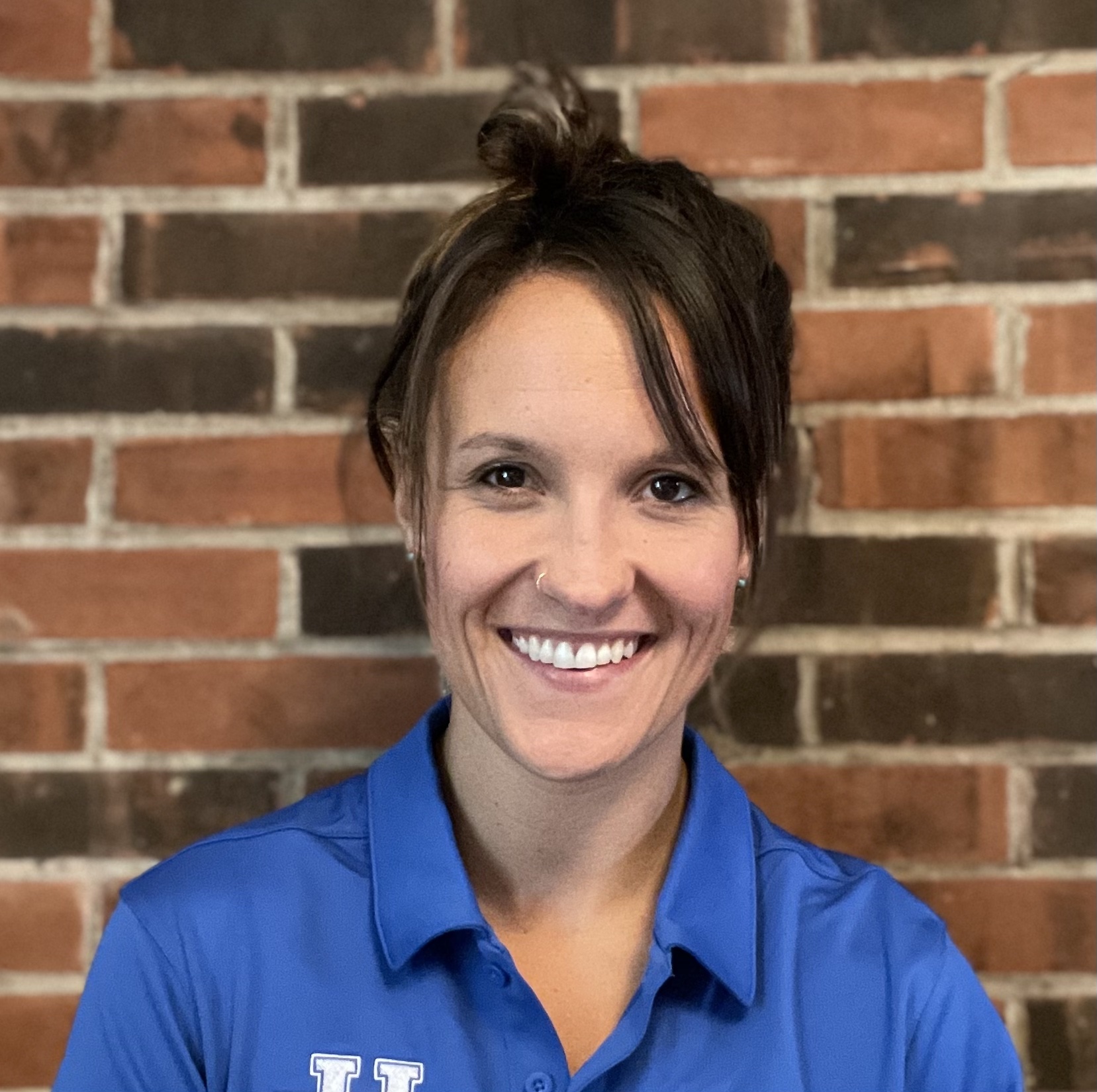RHB Doctoral Candidate Receives Grant to Study Emotional Intelligence in Healthcare Students
Feb 16, 2024By Lindsey Fiori and Ryan Clark
CHS contributors
Molly Taylor, MS, LAT, ATC, a Rehabilitation and Health Sciences doctoral candidate and research assistant, has received a $2,500 grant from the National Athletic Trainers’ Association Research & Education Foundation for an intervention study on emotional intelligence (EI) and burnout in healthcare profession (HCP) students.
“My research is an exploration of emotional intelligence in healthcare profession students, specifically its relationship to burnout and well-being,” Taylor said of the study, entitled, An Emotional Intelligence Educational Intervention to Reduce Burnout in Healthcare Profession Students: A Pilot Study. “I’m seeking to call attention to this crucial aspect of human intelligence that often isn’t adequately addressed in curricula for most healthcare professions.”
Within her research, EI is defined as a multi-dimensional construct involving an individual’s ability to perceive, use, understand, and regulate emotions, both in oneself and others, and constructively integrate those abilities to enhance cognition and manage environmental demands and stressors. EI is a blend of innate and learned behaviors, a balance of emotion and logic, and it's a skillset that can be cultivated, she said. Taylor’s mentor is Johanna Hoch, ATC, PhD.
“I was initially drawn to this realm of research early in my clinical and teaching career as a certified athletic trainer,” Taylor said. “Healthcare work at its very core is emotionally and socially demanding and complex; I recognized a persistent flaw in students’ comfort and ability to socially connect and understand basic tenets of human needs and emotions, including their own! I want to highlight the potential impact that higher emotional intelligence can have on healthcare students, healthcare providers, and their patients and devise novel pedagogical strategies to improve EI and enhance its clinical translatability. For the sake of my dissertation, I focused my efforts on exploring the impact that enhanced EI can have on HCP student well-being and burnout prevalence.”
The primary study of her dissertation was the implementation of an emotional intelligence educational intervention for UK graduate HCP students. The intervention was a workshop and four-week guided reflection practice funded by grants from the National Athletic Trainers' Association Research and Education Foundation and the UK Endowed University Professor in Health Sciences Fund.
“Years of research allowed me to craft a novel experience for our students, combining evidence-based content and activities with an amplified focus on the physiological mechanisms behind the recommended EI-enhancing practices,” she said. “We've all heard emotional and social skills referred to as ‘soft skills;’ my workshop challenges this diminishing statement, highlighting interdisciplinary research findings that demonstrate changes in brain connectivity or reductions in physiological stress markers from practices as simple as naming your emotions. Students who attended the October workshop were offered findings and practices related to self-awareness, social connectivity, and mindfulness and interacted in group activities including a silent disco and blinded mindful eating challenge.”
She said students then engaged in four weeks of critical reflections via guided prompts designed to embody the workshop’s learning outcomes.
“On the data side, we’re assessing changes in EI, burnout, and mindfulness, all captured via survey instruments at multiple time points throughout the study duration, as well as qualitative data themed from students’ subjective learning experiences,” Taylor said. “I’m busy analyzing the data, finalizing my dissertation, and prepping for my defense in March, where I’ll have the opportunity to share my findings.”
Taylor said the College of Health Sciences has prepared her by teaching her how to explore these kinds of topics.
“The CHS RHB doctoral program has quite literally transformed me into a researcher,” she said. “While I entered this program with an incredible research foundation from my graduate career at the University of Oregon working with Dr. Grace Golden, my education here has equipped me with the necessary skillset to confidently attack my research questions as a primary investigator. Learning from a multidisciplinary faculty is a really special way to gain an understanding of mixed methods research and appreciate different perspectives under the umbrella of health sciences.”
She credited her dissertation committee, as well as the professors in the Sports Medicine Research Institute and Hoch, her mentor.
“The most rewarding part of this piece of my research journey is the responses that I’ve received from the students,” she said. “The workshop itself was such a culminating moment, built from so many months of research, preparation, and anticipation, and it was such a pleasure to share that time and space with the students who participated.
“However, receiving thanks and reading the students’ comments about the positive and lasting impact the workshop/reflection practice has had on them has been absolute magic,” she continued. “This research has shifted my career endeavors, leading me into this exciting space where I hope to live and breathe the prioritization of well-being and connection, spotlight emotional intelligence, and influence the way we educate and prepare our HCP students.”
